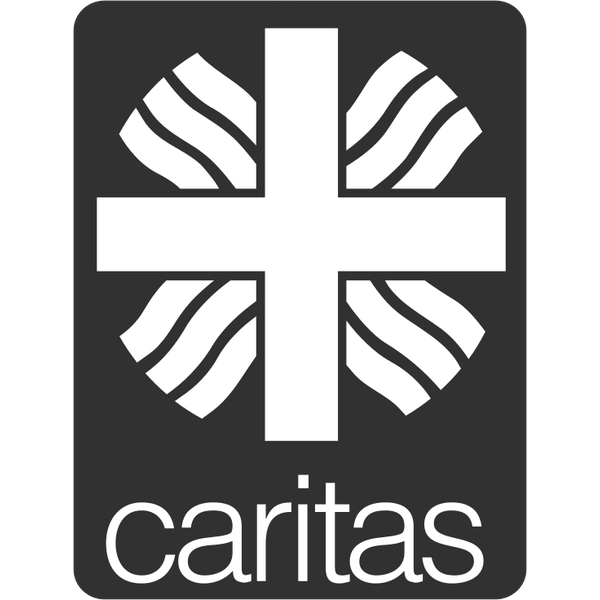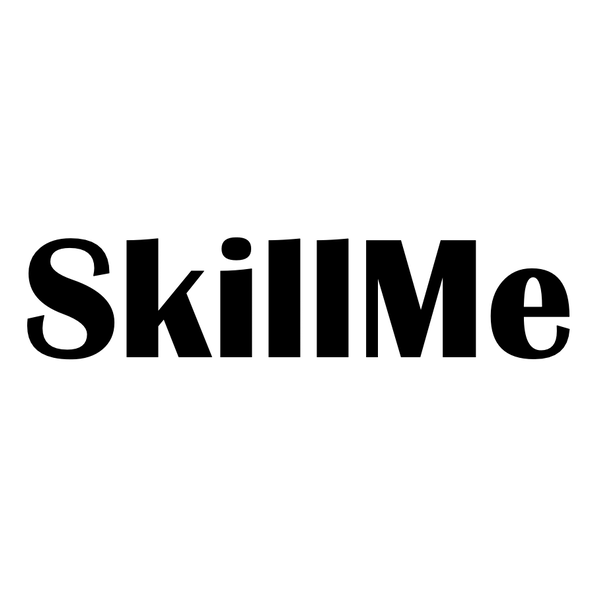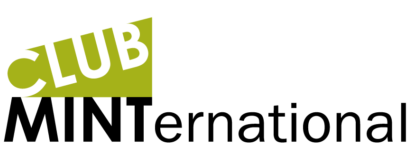Level & Prerequisites
Projekt M-Lab: Innovationslabor für App Entwicklung
Masterprojekt M-Lab: Innovationslabor für App Entwicklung
Prerequisites:
- Passed the courses Software Engineering I and II
- Basic knowledge in at least one object oriented programming language (e.g. Java, Swift or Objective-C)
- High motivation and commitment
Course Description
View previous iterations:
M-Lab 2018/19
- M-Lab 2017/18
- M-Lab 2016/17
In this teaching and innovation laboratory students develop innovative Apps in small teams, under real conditions and tight project deadlines, for real customers from industry, society and the public sector. They experience the latest technologies and development tools, and the theory and methods of software engineering and project management. They also make valuable experience in teamwork and in communication with the “clients”.
M-Lab consists of two parts: a practical part and a theoretical part. In the practical part, the teams will work on a software project and go through all phases of software development, including problem definition, requirements gathering, analysis, design, implementation, integration, testing, software delivery and presentation. A company, an association, or an authority will provide the project goals. In the theoretical part, each project phase of the software life cycle will be discussed and reflected. The topics will be timed to correspond to the expected project progress of the team. The teams will give a presentation on each topic (e.g., requirements analysis) and the theoretical elements (e.g., methods, tools, procedures) that are suited best for the project and why. Their challenges, current and past project decisions, as well as the alternative options they have considered, will be discussed and reflected with the teaching assistants and the other teams.
The students may have different major fields of study, such as computer science, human-machine communication, IT Management and Consulting, or business computer science. Students from other disciplines with computer science as a minor may also participate.
Clients
Coming Soon!
Main Milestones

The project has three main milestones:
- On 07.11.2019: You will deliver the Problem Statement, Click-Dummy, and Hello M-Lab.
- On 05.12.2019: Design Review. You will deliver and present the specification documents and a first prototype in form of a click-dummy.
- On 30.01.2020: Client Acceptance Test: On this day you will present your product to the customers and a public audience. Each team will deliver a poster, a video trailer, a website, and of course the products.
Syllabus
| Date | Time | Location | Topic | Deliverable |
|---|---|---|---|---|
| 17.10.2019 |
16:30 - 18:30 | D-125/129 | Introduction, Ice Breaker, & Kickoff Presentations by Customers |
|
| 24.10.2019 |
14:00 - 20:00 | D-220 | Tutorials Flutter Framework |
|
| 07.11.2019 | 16:00 - 18:00 | D-220 | Requirements Engineering Requirements Gathering Methods, Interviews, Surveys, Observation, Requirement Quality, User Study |
Problem Statement, Click-Dummy & Hello M-Lab (in GitLab) |
| 14.11.2019 | 16:00 - 18:00 | D-220 |
Prototyping Mockups, Prototypes |
|
| 21.11.2019 | 16:00 - 18:00 | D-220 |
System Design Architecture, Object Model, Patterns, Reuse |
|
| 28.11.2019 | 16:00 - 18:00 | D-220 |
Object Design Frameworks, APIs |
|
| 05.12.2019 |
15:00 - 18:00 | D-220 |
Design Review Presentation of System Design |
Requirements and System Design Document & Trailer |
| 12.12.2019 | 16:00 - 18:00 | D-220 |
Usability for Mobile Usability Patterns, Screen Design, Usability Guideline, Usability Testing |
|
| 19.12.2019 | 16:00 - 18:00 | D-220 |
Testing and Quality Management Unit Testing, System Testing, Usability Testing, Code Inspections, Bug Predictions |
|
| 09.01.2020 | 16:00 - 18:00 | D-220 |
Build and Release Management Continuous Integration, Configuration Management, Build and Release Management |
|
| 16.01.2020 | D-220 |
Scrum Phase Pre Release Sprint |
||
| 23.01.2020 | D-220 |
Scrum Phase Dryrun of Final Exhibition Presentation with Supervisor |
||
| 30.01.2020 |
16:00 - 19:00 | D-125/129 |
Final Exhibition Final Presentations of Projects, Client Acceptance Test |
App, Poster & Website |
Infrastructure & Projects Poll
Below you find the links to access our infrastructure (GitLab and Moodle) used during the course:
Please make sure to fill out this survey by Thursday October 17th, 22:00. The survey will start after the kickoff at 18:15
Funding & Awards

Winning project in Unseren Hochschulen 2015
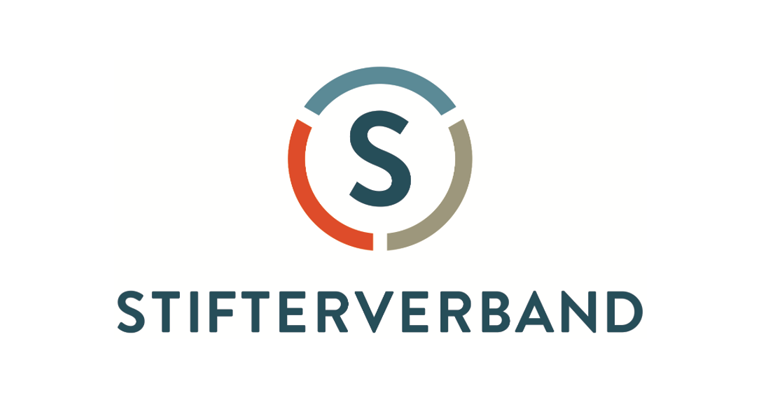
Winning project in MINTernational
Previous Industry Partners



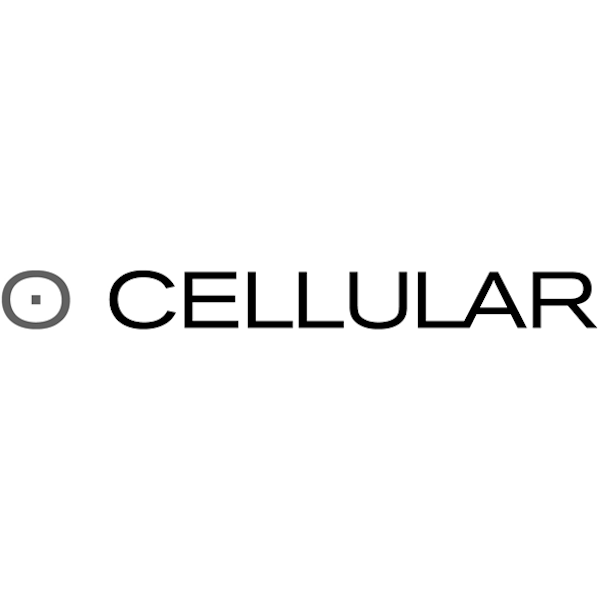



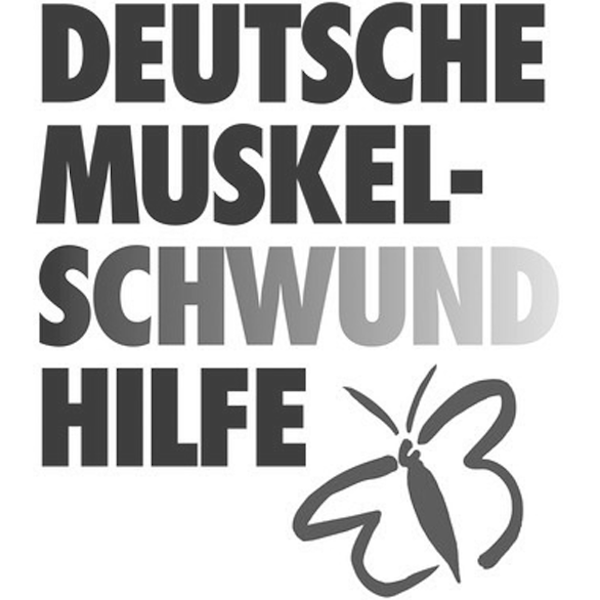
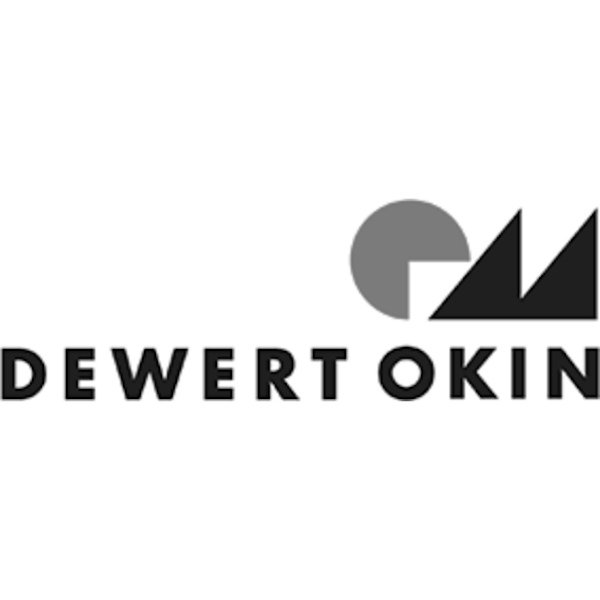
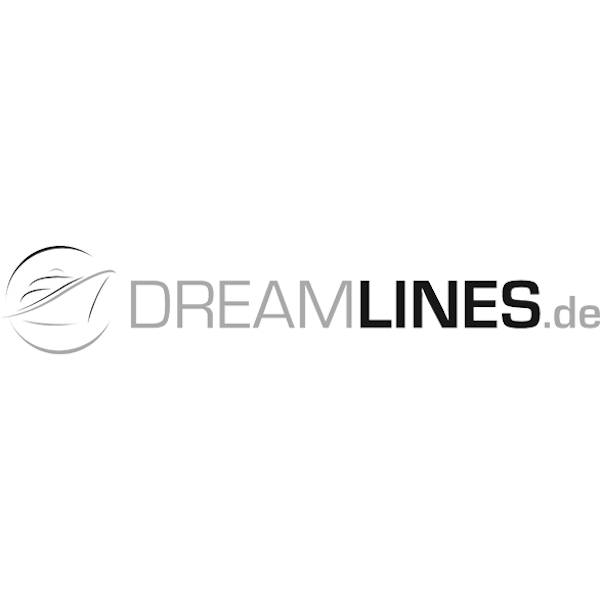

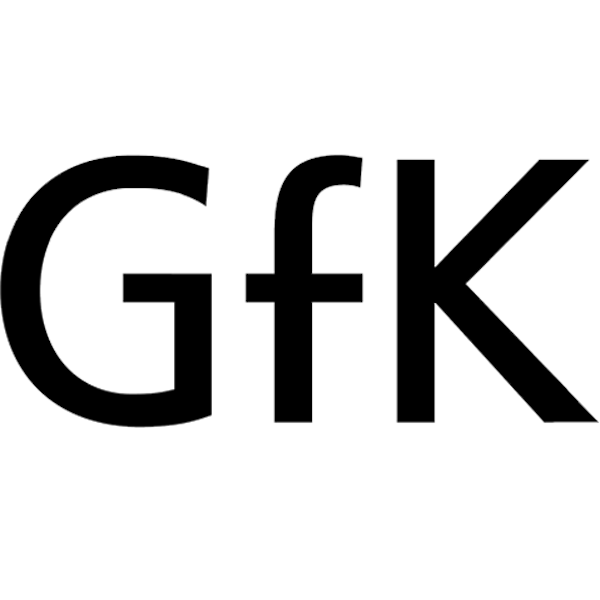

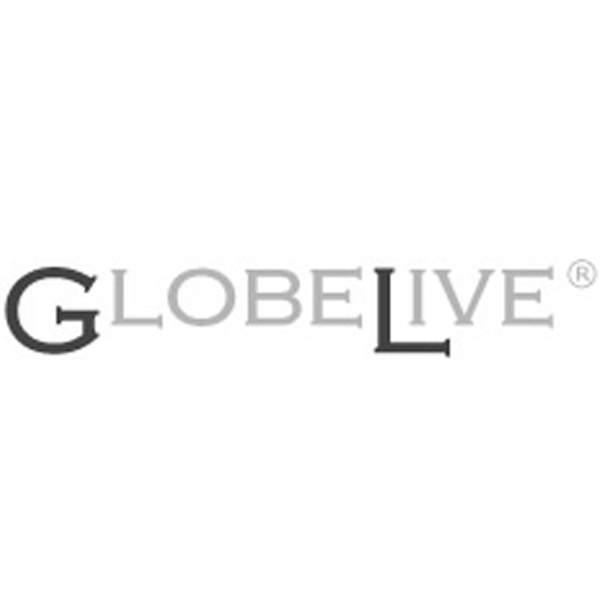



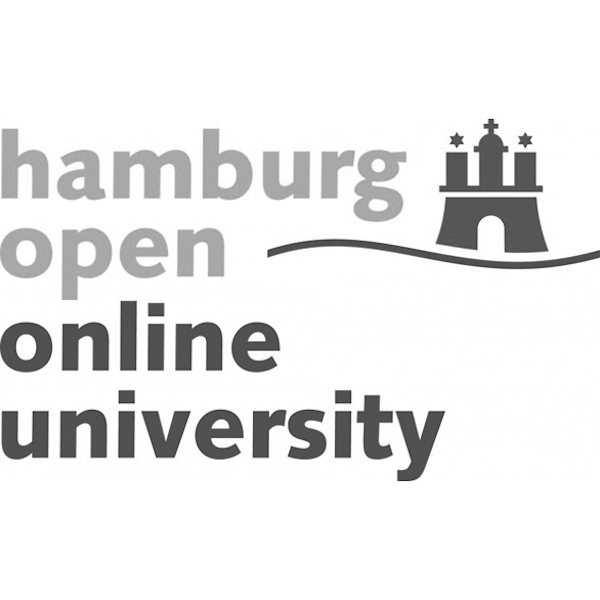

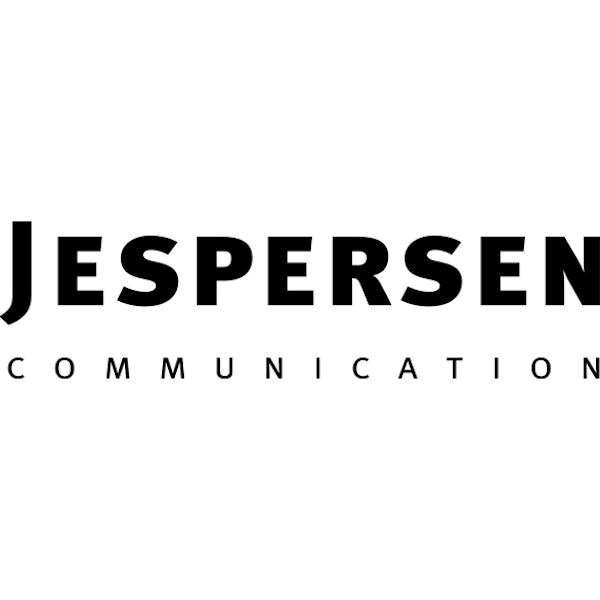
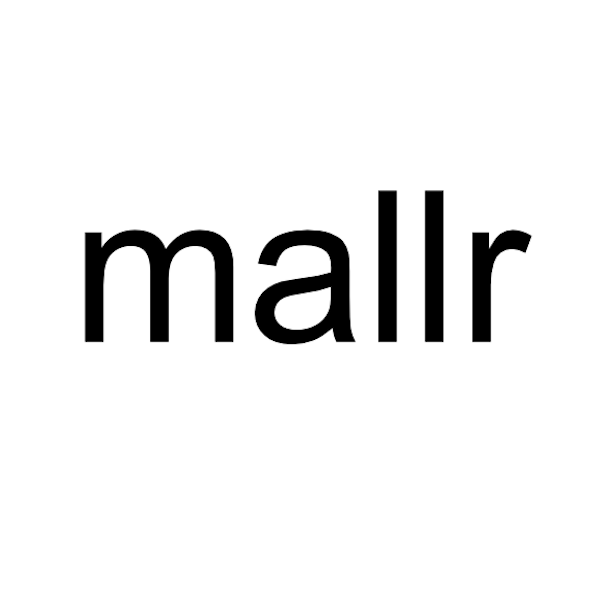

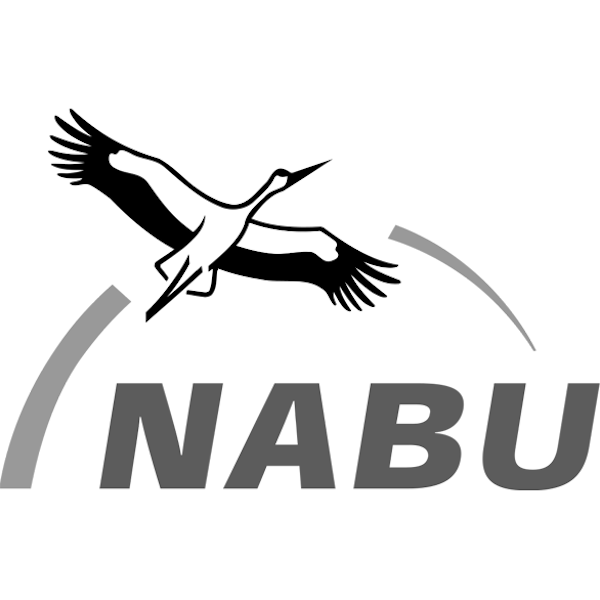



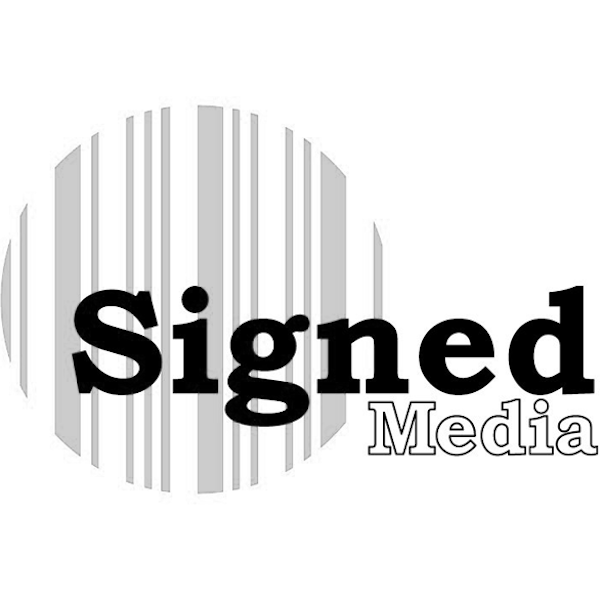





Literature

Object-Oriented Software Engineering Using UML, Patterns, and Java (3rd Edition).
Bernd Bruegge and Allan H. Dutoit:
Prentice Hall, 2014.
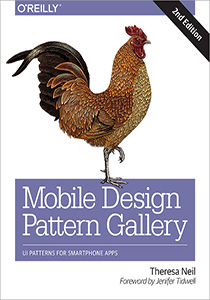
Mobile Design Pattern Gallery: UI Patterns for Smartphone Apps.
Theresa Neil:
O’Reily Media, Inc., 2014.
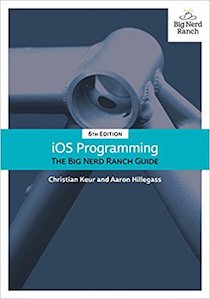
iOS Programming: The Big Nerd Ranch Guide
(6th Edition)
Christian Keur, Aaron Hillegass:
Pearson Education, 2017.
